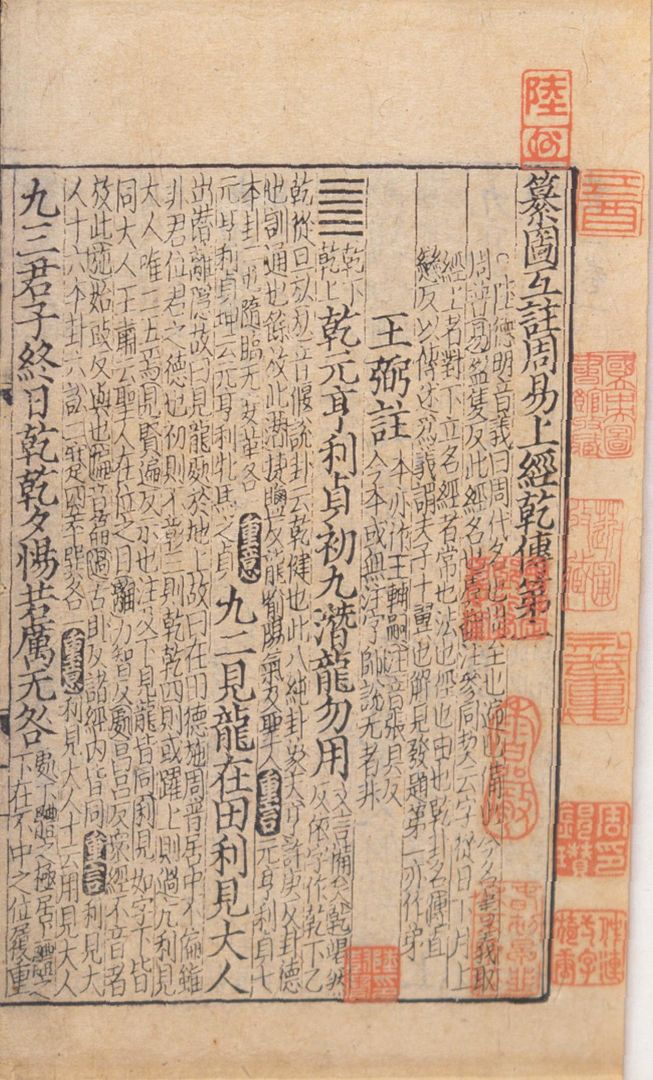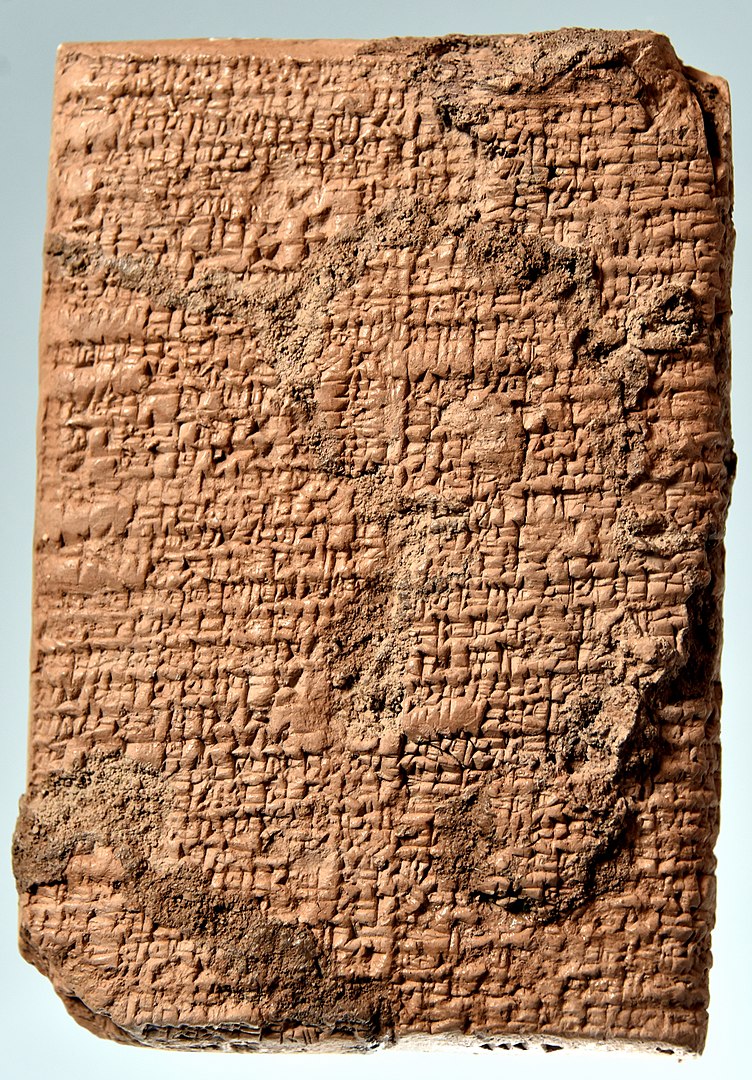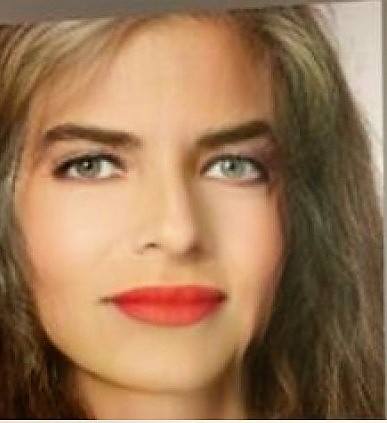A Brief History of Poetry
Art, Education, Poetry, defaultPoetry as an oral art form is the oldest form of expression
by Nataša Pantović
The use of rythm, repetition, and hypnosis by shamans and politicians from around the planet, in larger poetic units is common in both: religious and village people’s poetry. In Balkans, African or Asian cultures, performance poetry is accompanied by various local instruments.
The earliest poetry kept the memory of genealogy, or law alive. Poetry is closely related to musical traditions. The most famous because it was the oldest was written by Sumerian priestess Enheduanna, celebrating Goddess Moon, SiN, in the form of chant using a priest vs congregation response, blessings altered by all, etc. identical to today’s Christian liturgy. Chants are usually devoted to God / Goddess.
Rhythm Repetition and Hisrory
From early on, government’s officials (Kings and Priests) have noticed that a rhythm and repetition makes a story easier to remember. The important stories were in such a way passed through the centuries. The Hindu Vedas 1000 BC were passed through oral transmission. The Sanskrit epic of Ramayana and the Tibetan epic of King Gesar are the longest examples of epic poetry. Similarly the oral epics of the Balkans existed simultaneously with the written tradition.
Ancient Chinese had their Five Classics, (Chinese: 四書五經; Sìshū Wǔjīng) are the authoritative books of Confucianism, written in China before 300 BC, they have their Tao Te Ching, The I Ching translated as Book of Changes, is an ancient Chinese divination text, originally a divination manual in the Western Zhou (1000–750 BC). They also have the Odes or Poetry comprising of 305 poems dating 1100 BC, developing canons of poetic works, with royal poetry competitions, music & poetry was passed as a ritual or a strong cultural message to the future generations.

I Ching Title page from Song dynasty 1100 AC
Our ancestors mainly communicated in writing with God of Death hoping their souls will have an easier journey of resurrection.
In Africa, poetry or poetic fragments are found on early monoliths, and stelae. The archaeologists have excavated many written ancient texts from the ancient worlds buried during the funeral rites.

Story of Gilgamesh and Agga. Old Babylonian period, from southern Iraq. Sulaymaniyah Museum, Iraq
The Gilgamesh epic in Akkadian, circa 2000 BC, is a carved in stone tablet that narrates the myth of the great flood later narrated as the famous Biblical Noeh Ark story. The flood is sent by a deity, destroys civilization, and a culture hero represents the human strive for life, he with his family and animals escapes in a boat, to rebuild the humanity again. In this myth, the highest god, called eN-lil, destroys the world with a flood. The god Ea, who had created humans out of clay, warns the hero Utnapishtim and gives him instructions to build a circular boat using ropes. The story emerges in the Mesopotamian literary traditions during the Old Babylonian Period. Plato in 360 BC describes a Greek version of the flood. Zeus decides to punish humanity with a flood. The Titan Prometheus, who had created humans from clay, tells the secret plan to Deucalion, to build an ark.
The poems of our ancestors include historical accounts, anecdotes or love stories.
The earliest collected funeral rites’ literature was passed with Ancient Egyptian pyramid texts, better known as the Book of Death (dates back to 2500 BC). Archeologists within the same area, have excavated Egyptian Christian papyruses, containing the 10 commandments and Homer’s poetry.
The Homeric tradition is the ancient Greek culture written exploration dating back to 800 BC - 675 BC. Homer had collected wisdom & historical poems of his region.
The early Slavs (Vincha 5000 BC) have burned their dead, so no cemeteries have been left behind. In Slavic Orthodox countries, the connection to the music is deep, also found in the Christian Orthodox praying rituals, called Gregorian chants.
The development of literacy gave rise to more personal, shorter poems intended to be sung. Today we find Poetry slam competitions around the world.
The character "poetry" in the ancient Chinese






A Brief History of Poetry No comments on A Brief History of Poetry: